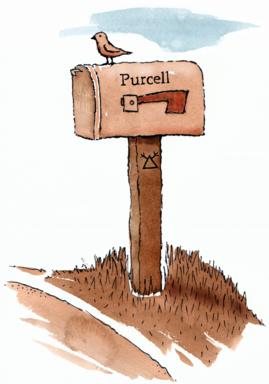It is, in theory, very easy to be a terrorist in America. I wrote that line sometime between 1997 and 1999, in response to the 1993 bombing of the World Trade Center, the opening event of It Isn’t Murder If They’re Yankees. While discussing it at their local bar, Sam Lee remarks that we can’t ban explosives because “we’ve got powerful explosives available everywhere. We drive them every day.”
One man’s essential tool is another man’s terrorist weapon. I considered changing that line after the events of September 11, either getting rid of it or adding “and fly in them” to make it even more prophetic, but ultimately decided against it. Sam earlier said that identifying root causes of terrorist acts is not the same as giving in to terrorists. That is a serious part of what Yankees is about, so the line stayed.

The tools for terrorism will always be available, no matter how many freedoms we take away from Americans. No matter how much we crack down on people who don’t look like us. If we truly wish to stop terrorist acts, we need to stop making people want to be terrorists, we need to stop funding criminals and terrorists with the same stupid laws that funded the mafia in the twenties, and we need to stop telling victims that their best response to crime and terrorism is to acquiesce until the criminal goes away. That, and the limits on it, is what It Isn’t Murder If They’re Yankees is all about.
Sorry for giving the ending away. You can read more about my views on this in Always Trust a Criminal.
If you haven’t read the intro yet, you should go to the It Isn’t Murder if They’re Yankees home page.
Who did your wonderful artwork?
The cover art and internal art was designed by myself, Casey Wasser, and Triska Wasser. Triska did the final drawings. You can see my version of the bridge image in my POV-Ray gallery for comparison. Triska’s work is amazing, as you can see here.
